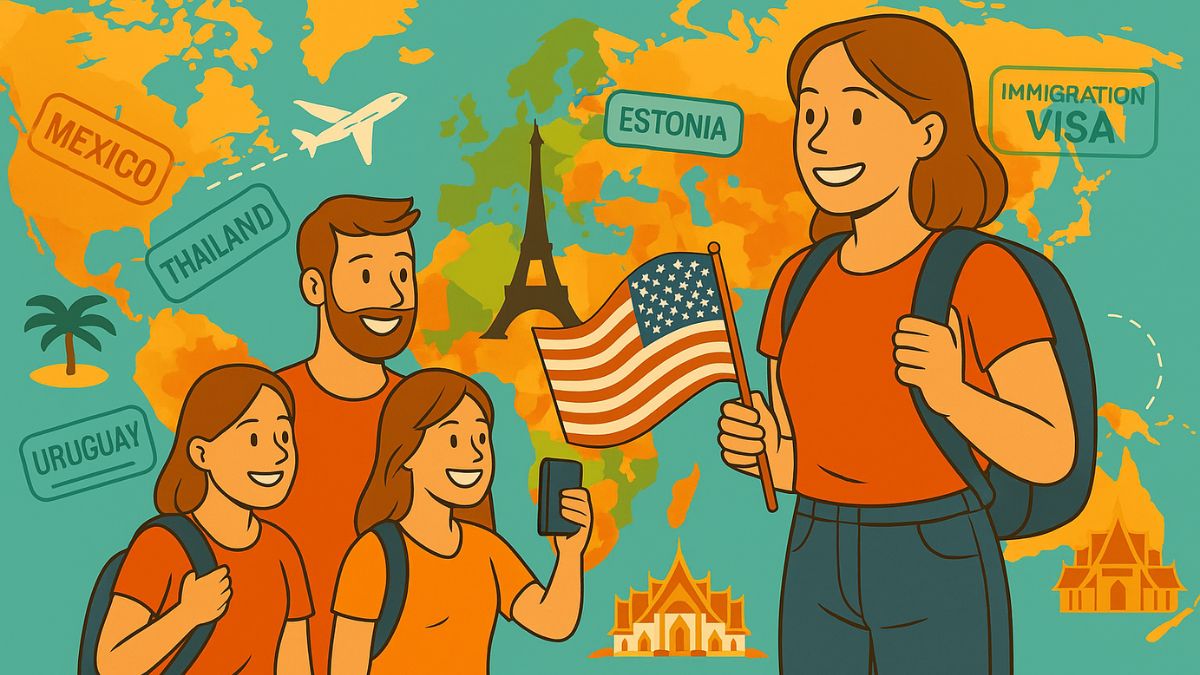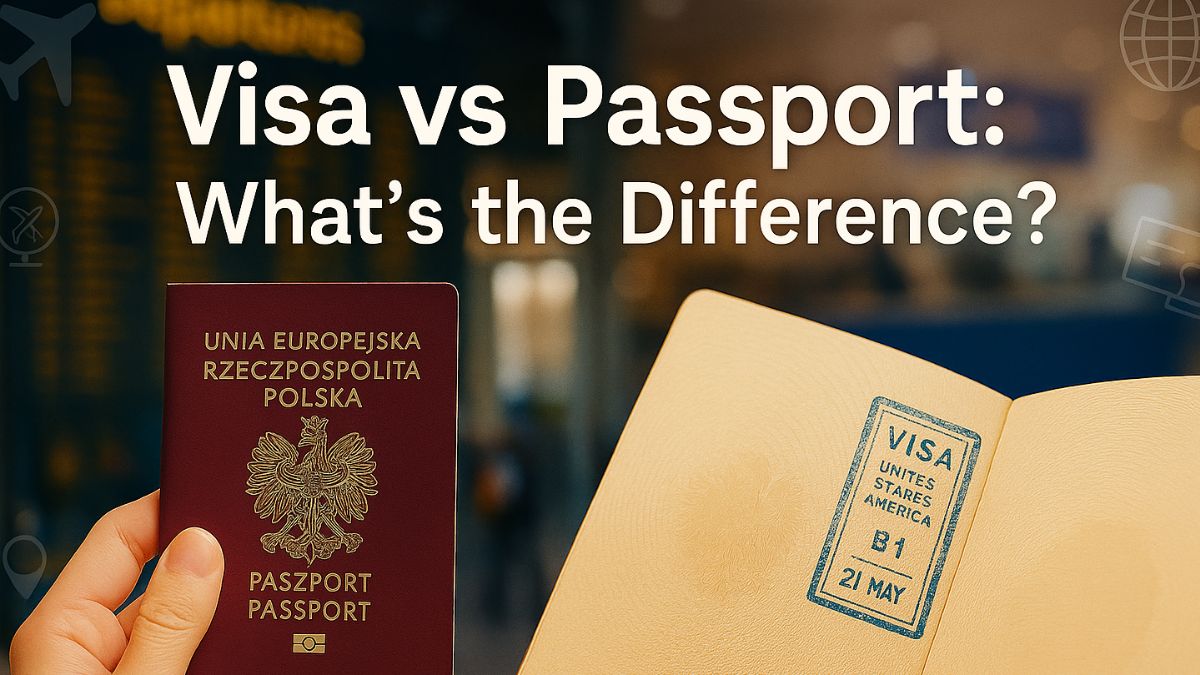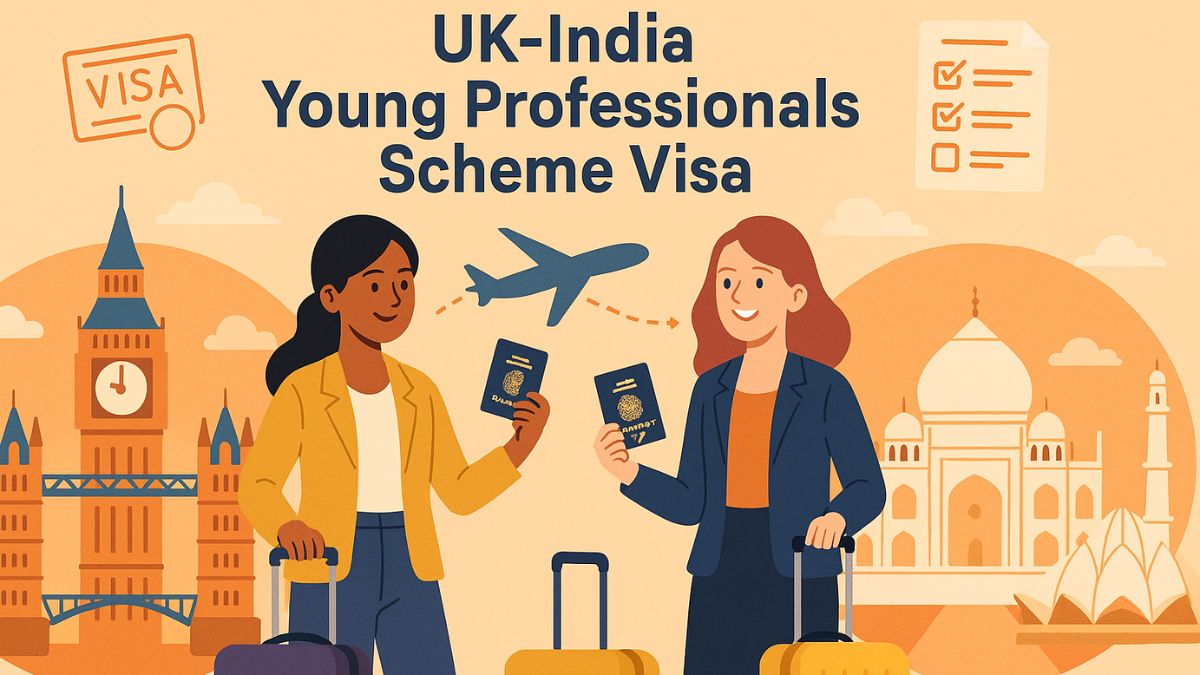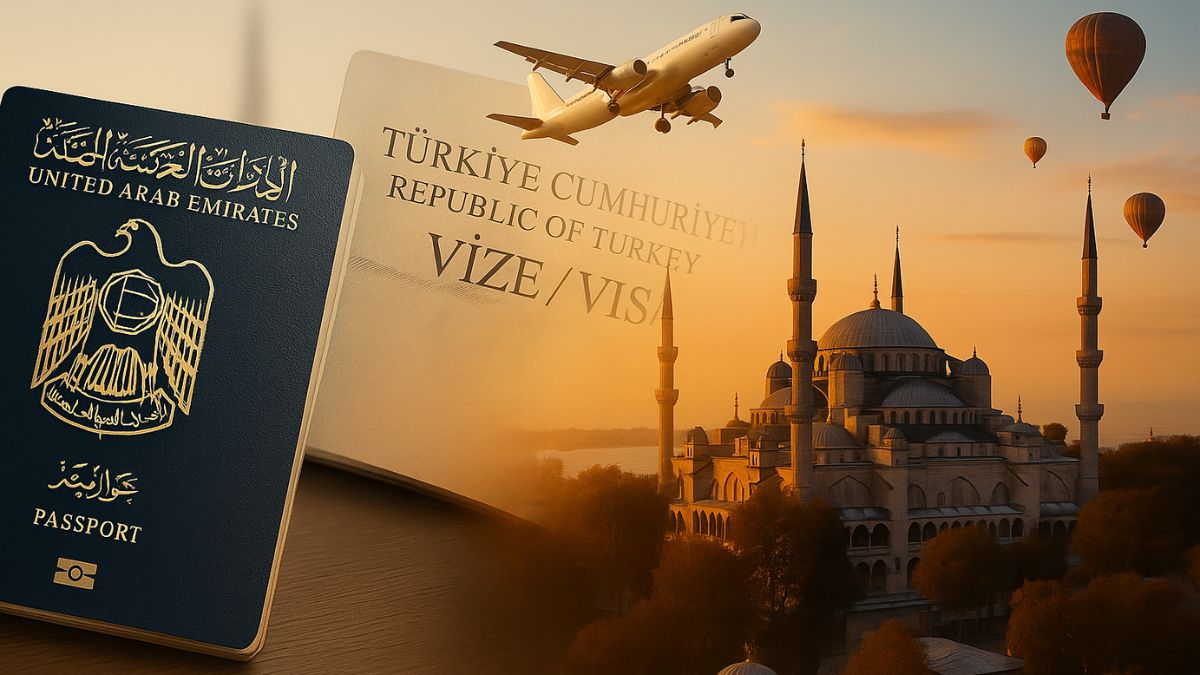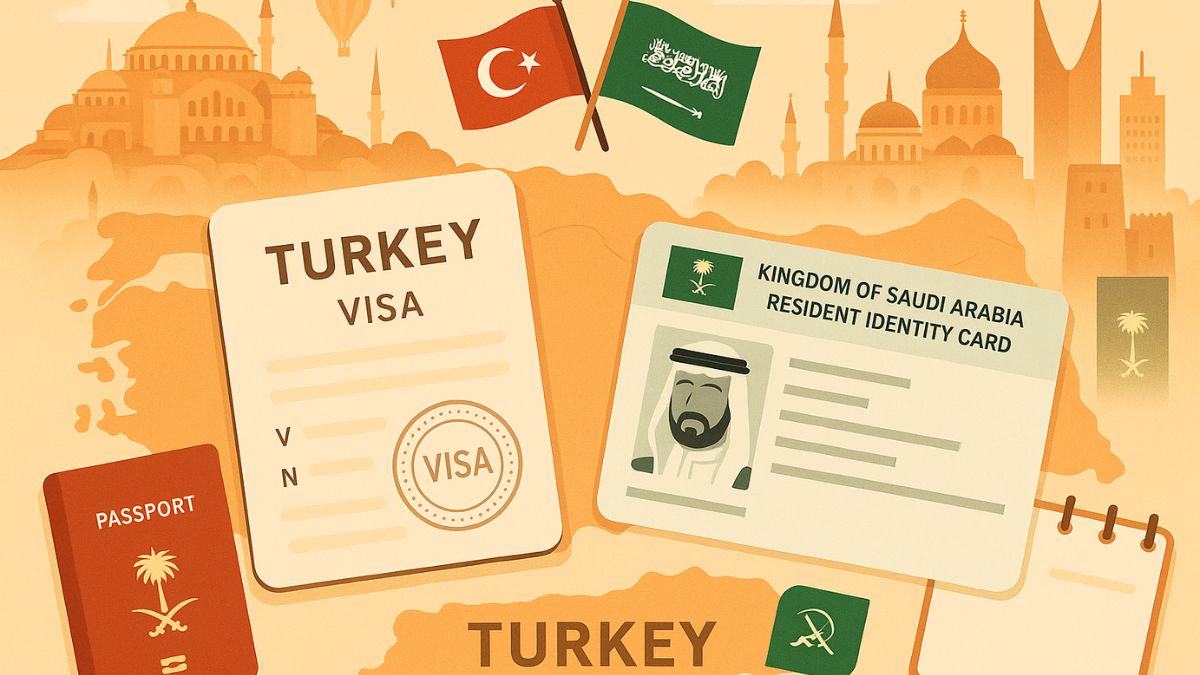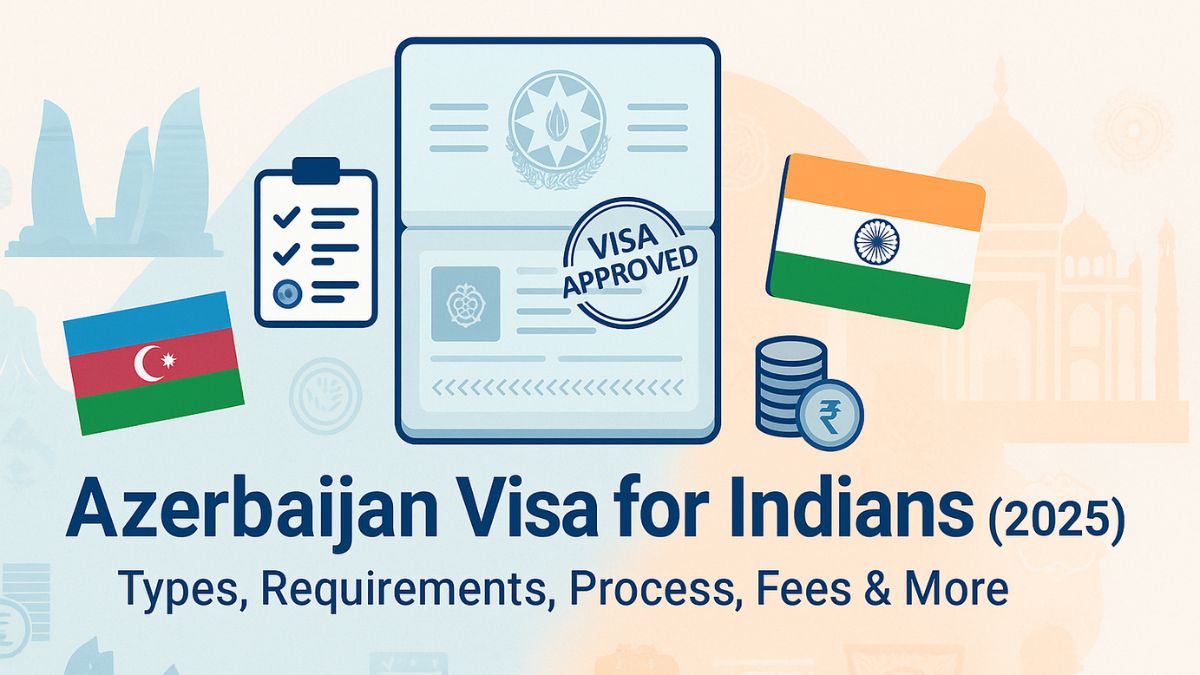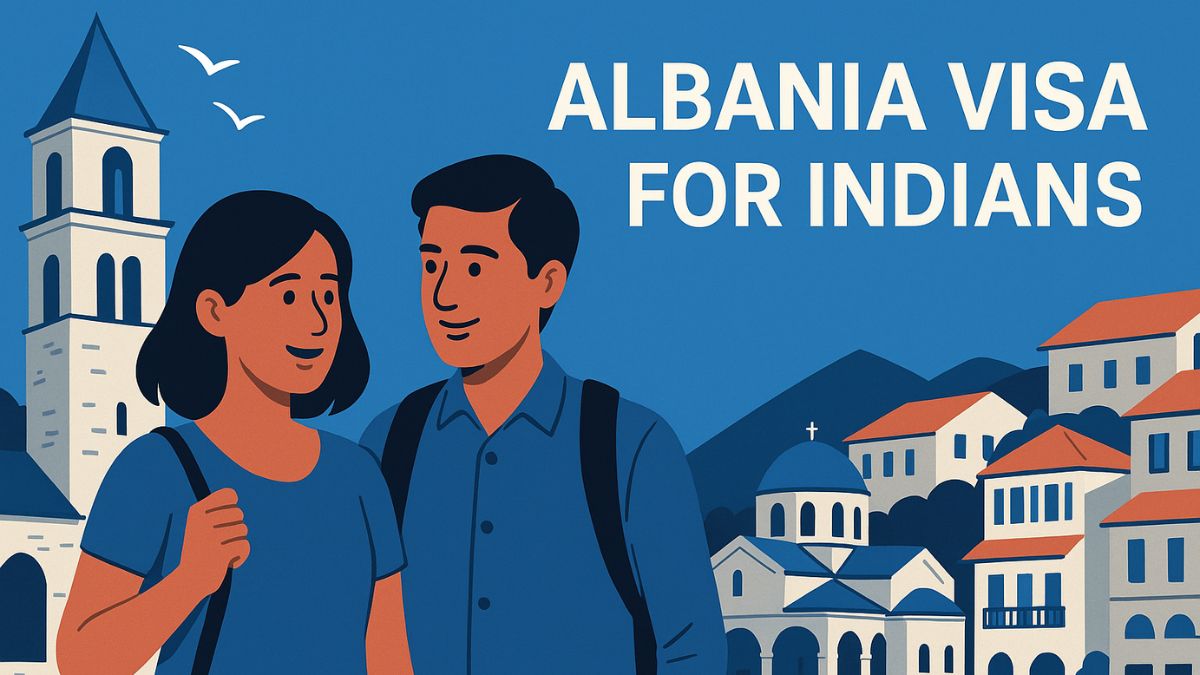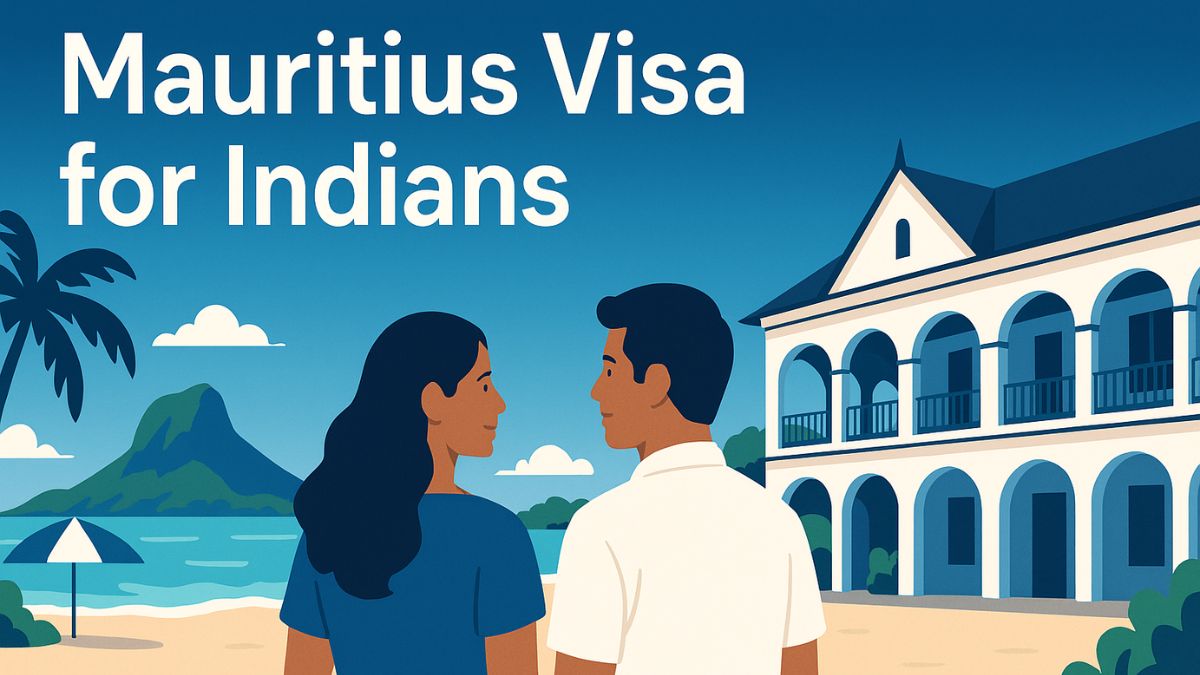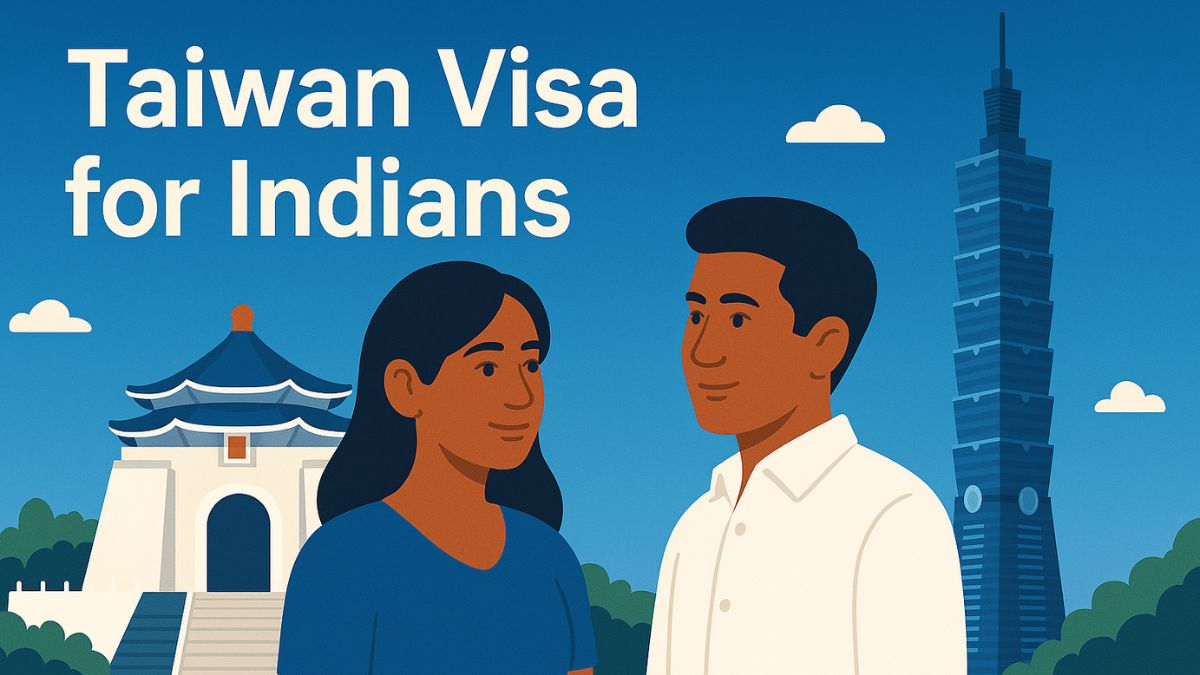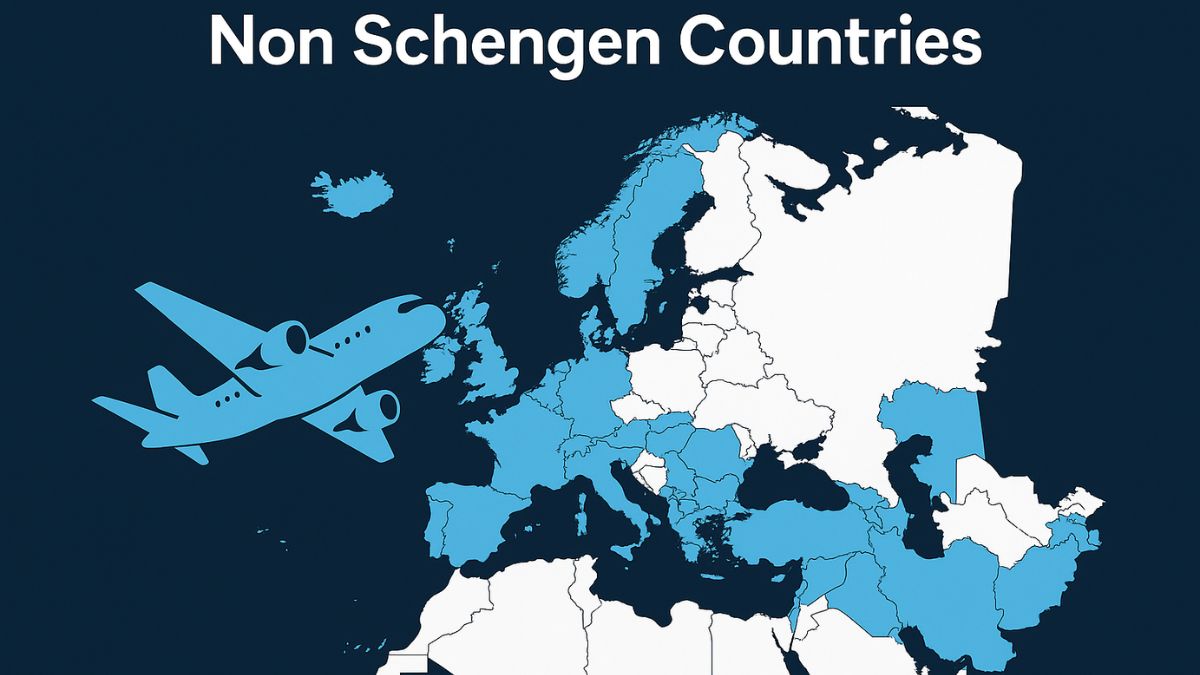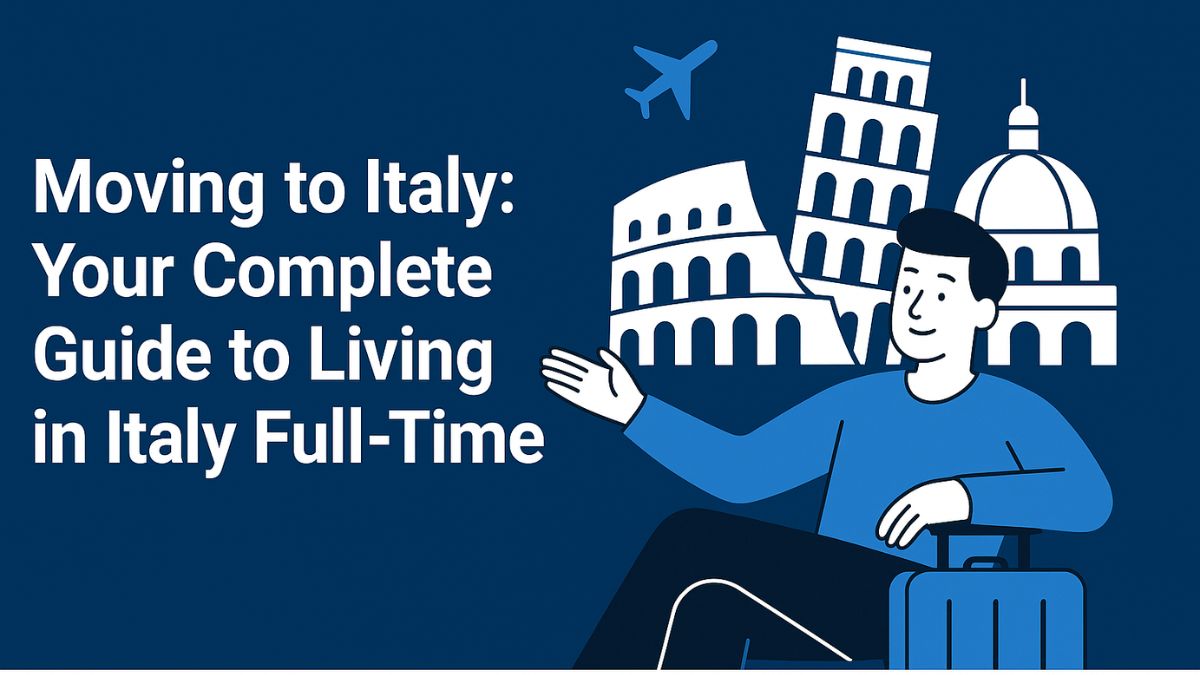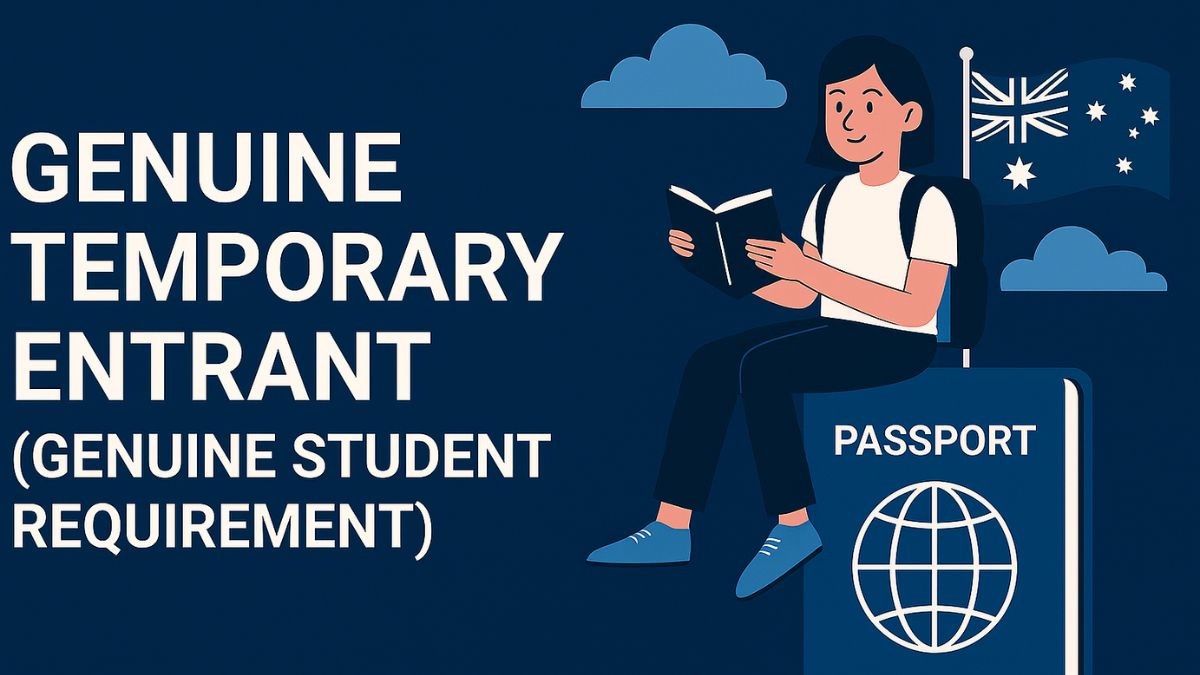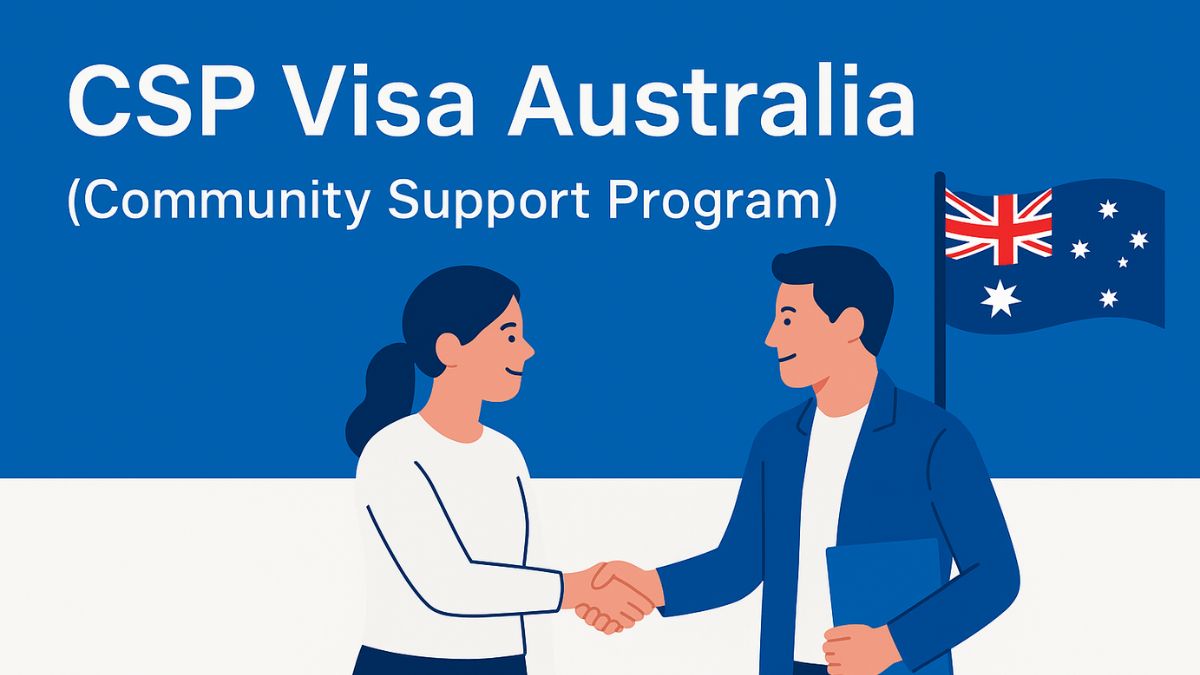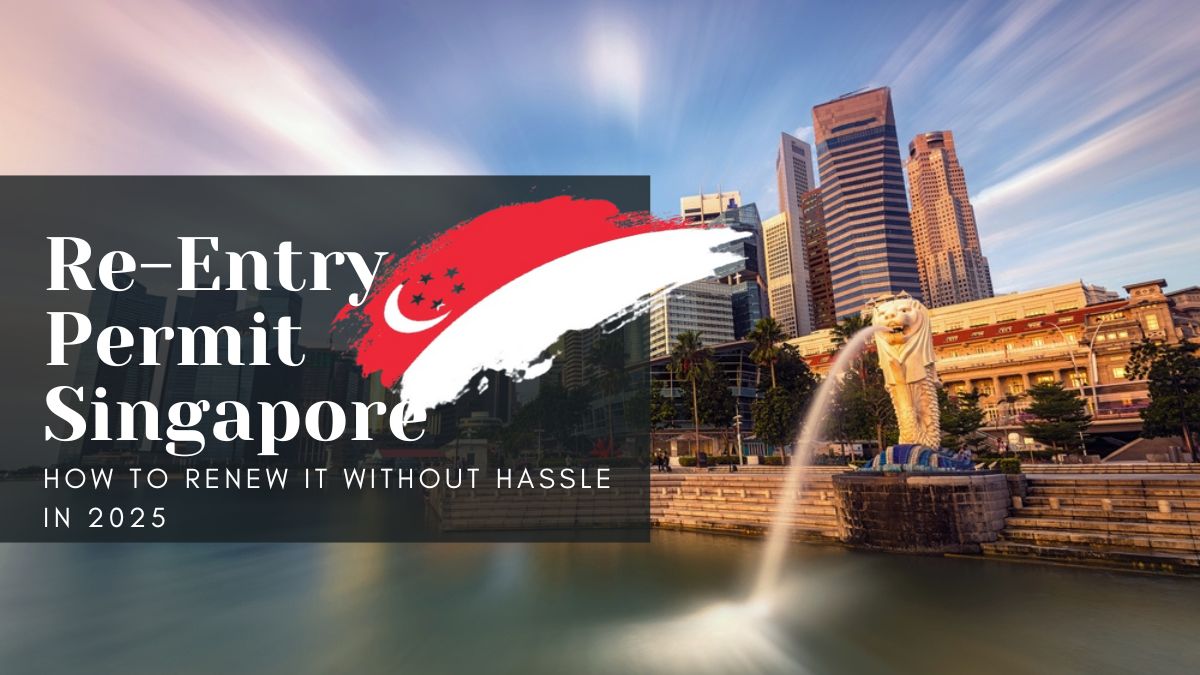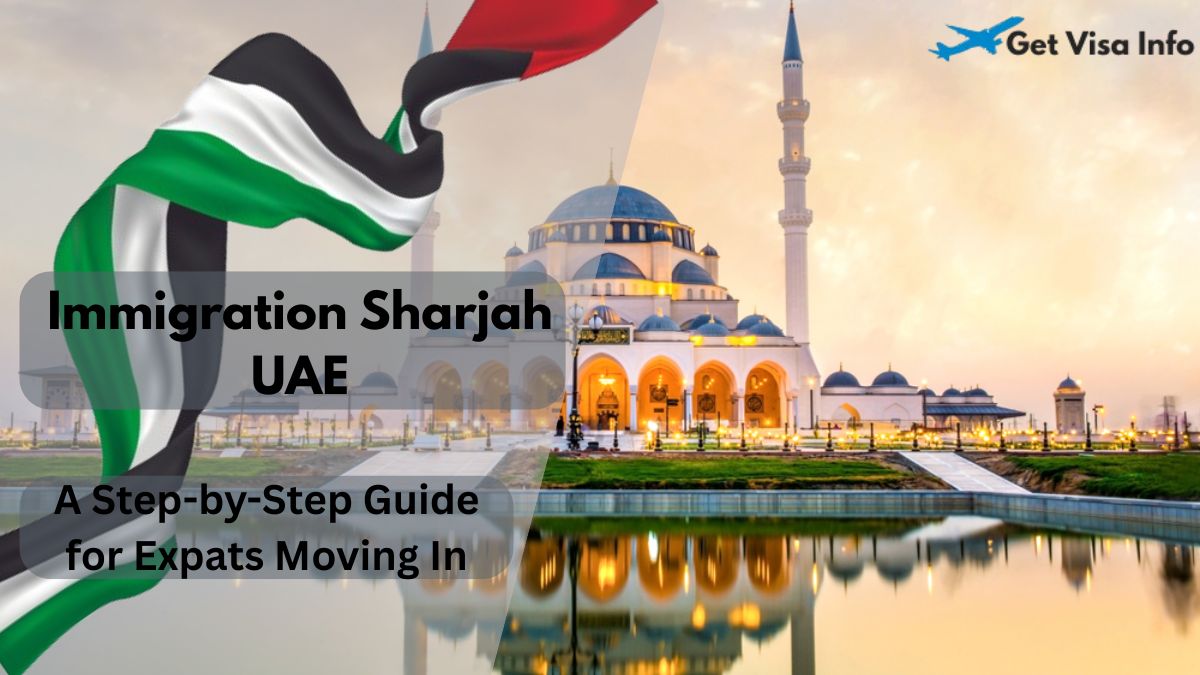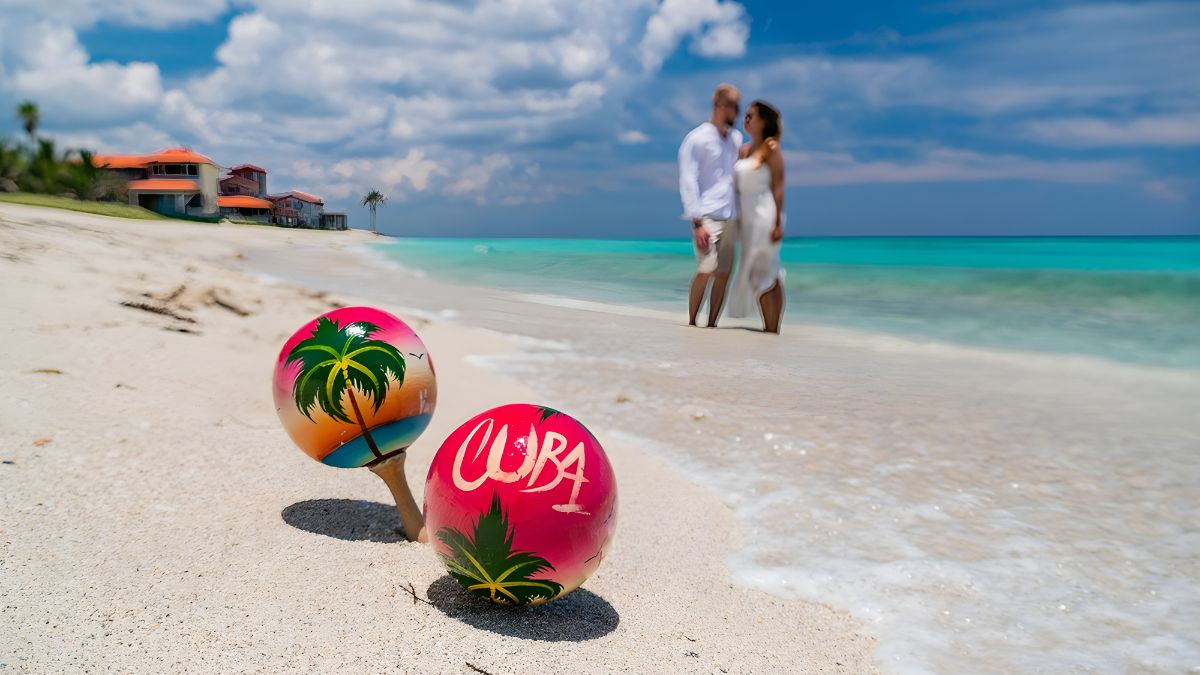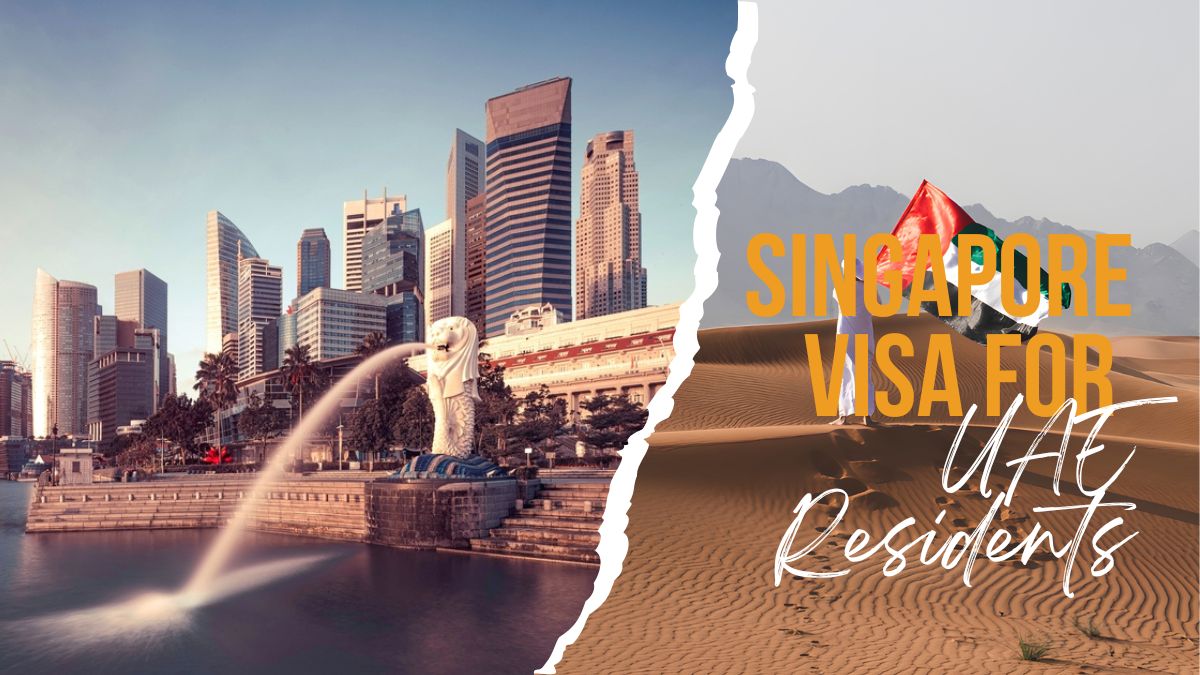
- March 28, 2025
- Heisenberg
- 0
Singapore, often called the “Lion City,” is a global business, tourism, and education hub. With its world-class infrastructure, diverse culture, and strategic location in Southeast Asia, the country attracts millions of visitors and expatriates annually. However, before packing your bags, it’s essential to understand the entry requirements to ensure a smooth and hassle-free journey.
One of the key requirements for travelers is an entry permit, which determines the conditions under which you can enter and stay in Singapore. Whether you’re a tourist, a business traveler, a student, or someone planning to work or live in Singapore long-term, having the correct entry permit is crucial.
In this comprehensive guide, we’ll break down everything you need to know about Singapore’s entry permits—who needs them, the different types available, how to apply, common pitfalls to avoid, and how to extend your stay if needed. By the end, you’ll have a clear understanding of Singapore’s immigration policies and be well-prepared for your visit.
Table of Contents
ToggleWhat is an Entry Permit?
An entry permit is an official authorization that allows foreign nationals to enter and stay in Singapore for a specific period and purpose. It serves as a legal document issued by the Immigration & Checkpoints Authority (ICA) or the Ministry of Manpower (MOM), depending on the type of permit.
Singapore has different types of entry permits catering to short-term visitors, expatriates, students, and professionals. Some entry permits allow travelers to visit for a few days, while others enable them to work, study, or reside in Singapore long-term. Understanding the right entry permit for your purpose is essential to complying with immigration laws and avoiding travel disruptions.
The main factors that determine whether you need an entry permit include:
- Your nationality (some travelers require visas, while others can enter visa-free).
- The purpose of your visit (tourism, work, study, business, or family reunification).
- The duration of your stay (short-term or long-term).
Singapore maintains strict entry policies to regulate immigration and ensure national security. Therefore, it’s important to meet all the criteria and provide accurate documentation when applying for an entry permit.
Types of Entry Permits
Singapore offers various entry permits tailored to different visitor needs:
Short-Term Visit Pass
This pass allows tourists and business visitors to stay in Singapore for up to 30 days. Some nationalities can enter visa-free, while others must apply for a visa beforehand.
Who Needs It?
- Tourists visiting Singapore for leisure.
- Business travelers attending meetings or conferences.
- Family members visiting Singapore residents for short stays.
Where to Apply?
- Visa-exempt travelers get this pass upon arrival.
- Visa-required travelers must apply via the ICA or an authorized visa agent.
Long-Term Visit Pass (LTVP)
Designed for foreigners with family ties in Singapore, this pass allows extended stays.
Who Is Eligible?
- Spouses and children of Singapore Citizens or Permanent Residents.
- Parents of Singapore Citizens.
- Foreigners seeking medical treatment in Singapore.
Application & Validity
- Apply via the ICA e-Service portal.
- Typically valid for 2 years, renewable based on eligibility.
Permanent Resident Re-Entry Permit
For those holding Singapore Permanent Resident (PR) status, the Re-Entry Permit (REP) is essential when traveling abroad. It ensures that PR status is retained during overseas trips.
Why Is It Important?
- If a PR leaves Singapore without a valid REP, their PR status is automatically revoked.
- The REP allows a PR to re-enter Singapore as a resident.
Duration & Renewal
- Typically valid for 5 years.
- Renewals depend on the PR’s economic contribution and ties to Singapore (employment, property ownership, family connections).
Where to Apply?
- Submit renewal applications via the ICA’s e-REP system.
Work Passes and Student Passes
- Work Passes: These permits are for foreign professionals, skilled workers, and laborers employed in Singapore.
- Student’s Pass: These passes are Required for international students enrolled in full-time courses in Singapore.

Who Needs an Entry Permit?
The necessity for an entry permit varies based on nationality and purpose of visit:
- Visa-Exempt Nationals: Citizens from certain countries can enter Singapore without a visa for short stays. However, they must still meet general entry requirements, including passport validity of at least six months. A comprehensive list of visa-exempt countries is available on the ICA’s website.
- Visa-Required Nationals: Travelers from specific countries must obtain a visa before entering Singapore. It’s advisable to consult the ICA’s visa requirements page to verify if you need to apply for a visa in advance.
Application Process
Applying for an entry permit involves several steps:
- Determine the Appropriate Permit: Identify the permit that aligns with your purpose of visit.
- Gather Required Documents: Commonly required documents include:
- Valid passport with at least six months’ validity.
- Recent passport-sized photograph.
- Completed application form.
- Supporting documents relevant to the permit type (e.g., employment offer, admission letter, proof of relationship).
- Submit the Application:
- Online: Many permits allow for online applications via the respective portals, such as the ICA’s e-Services.
- Embassy or Consulate: Alternatively, applications can be submitted through Singapore’s overseas missions.
- Await Processing: Processing times vary depending on the permit type and completeness of the application.
Processing Time and Fees
- Processing Time: Typically ranges from a few days to several weeks. For instance, LTVP applications are processed within six weeks, provided all documents are in order.
- Fees: Vary by permit type. For example, the Re-Entry Permit fee is S$10 per year.
Common Reasons for Rejection and How to Avoid Them
Understanding potential pitfalls can enhance your application’s success:
- Incomplete Documentation: Ensure all forms are fully completed and all required documents are submitted.
- Insufficient Financial Proof: Demonstrate adequate financial means to support your stay.
- Prior Immigration Violations: A history of overstaying or other infractions can lead to rejection.
- Unclear Purpose of Visit: Clearly articulate the reason for your visit and provide supporting evidence.
Tips for a Smooth Entry into Singapore
To facilitate a hassle-free entry:
- Ensure Passport Validity: Your passport should be valid for at least six months from the date of entry.
- Prepare for Immigration Clearance: Have all relevant documents readily accessible upon arrival.
- Be Aware of Health Requirements: Stay informed about any health advisories or vaccination requirements.
- Consider Travel Insurance: While not mandatory, it’s prudent to have coverage for unforeseen circumstances.
Extending or Renewing an Entry Permit
If you wish to extend your stay:
- Short-Term Visit Pass: Applications for extensions can be submitted online via the ICA’s e-Service. An extension fee of S$40 applies if the extension leads to a stay of 90 days or more from the date of entry.
- Long-Term Visit Pass and Other Permits: Renewal procedures vary. It’s advisable to initiate the renewal process well before the permit’s expiration and consult the relevant authority’s guidelines.
Conclusion
Singapore’s entry permit system is designed to manage immigration effectively while ensuring a smooth experience for travelers and expatriates. Whether you’re visiting for leisure, business, education, or long-term residency, understanding the right entry permit for your situation is crucial.
By following the correct application process, preparing the necessary documents, and staying informed about immigration policies, you can ensure a hassle-free entry into Singapore. If you’re planning an extended stay, it’s also important to know the steps for permit renewal and extension.
Looking for more travel and visa-related insights? Browse our blog for expert guides, tips, and updates on international travel and immigration!
Note: Immigration policies are subject to change. Always consult official sources or seek professional advice for the most up-to-date information.






















